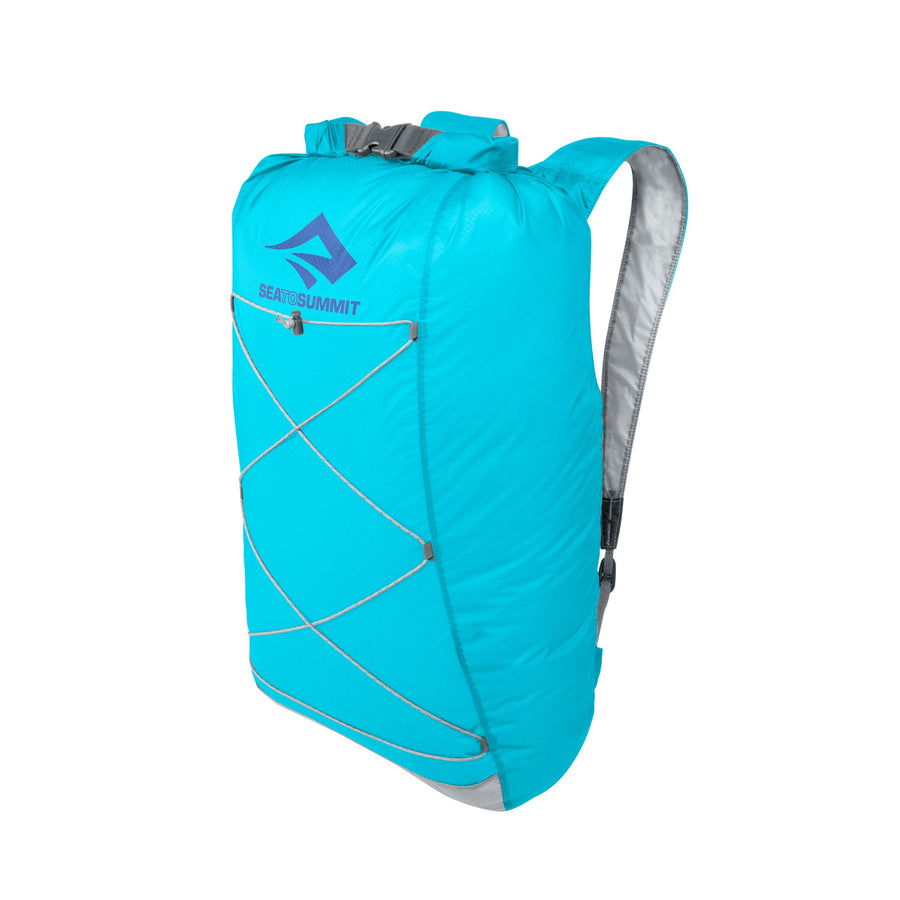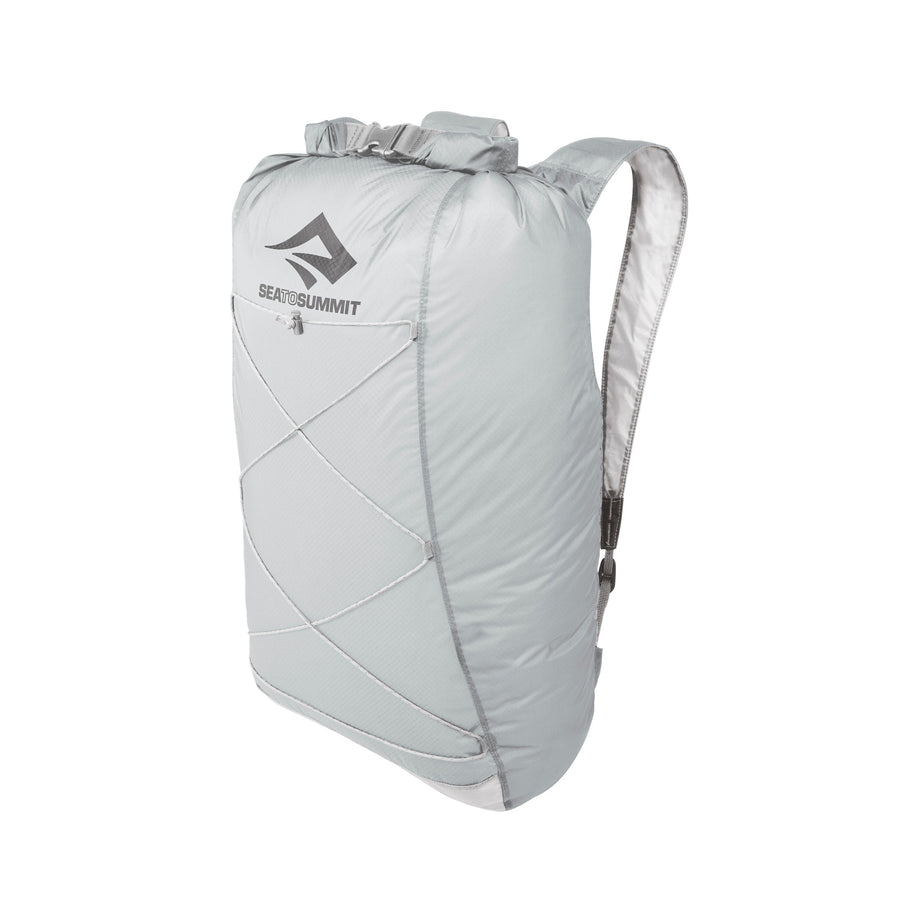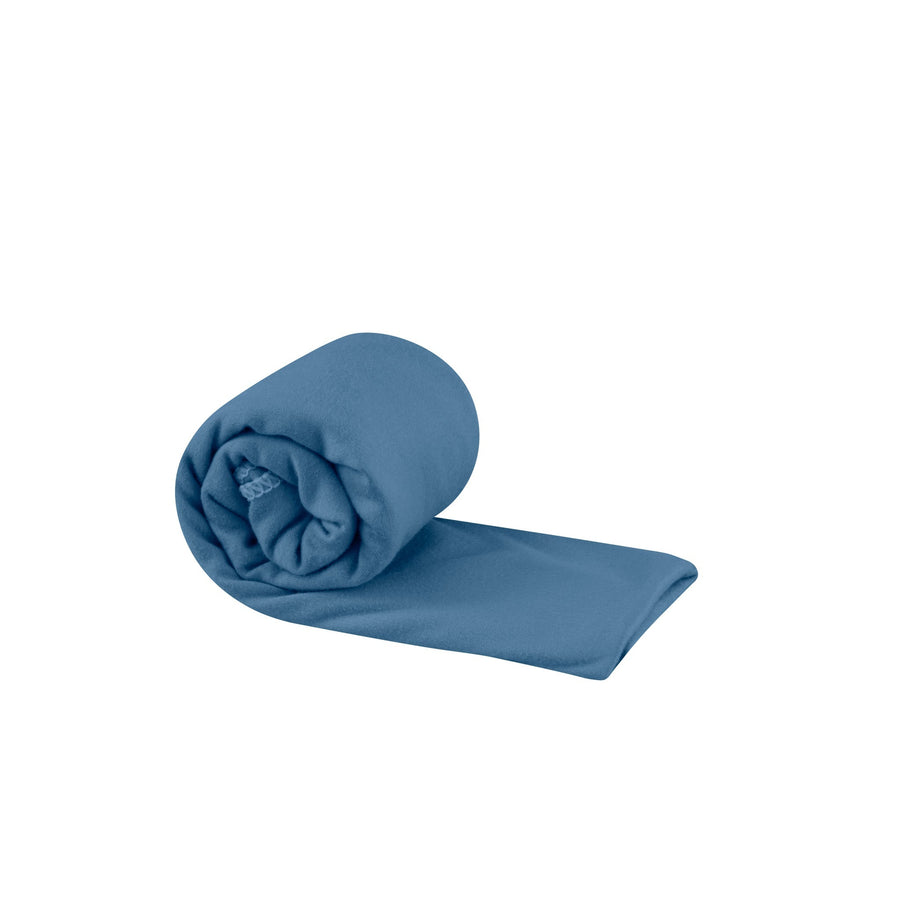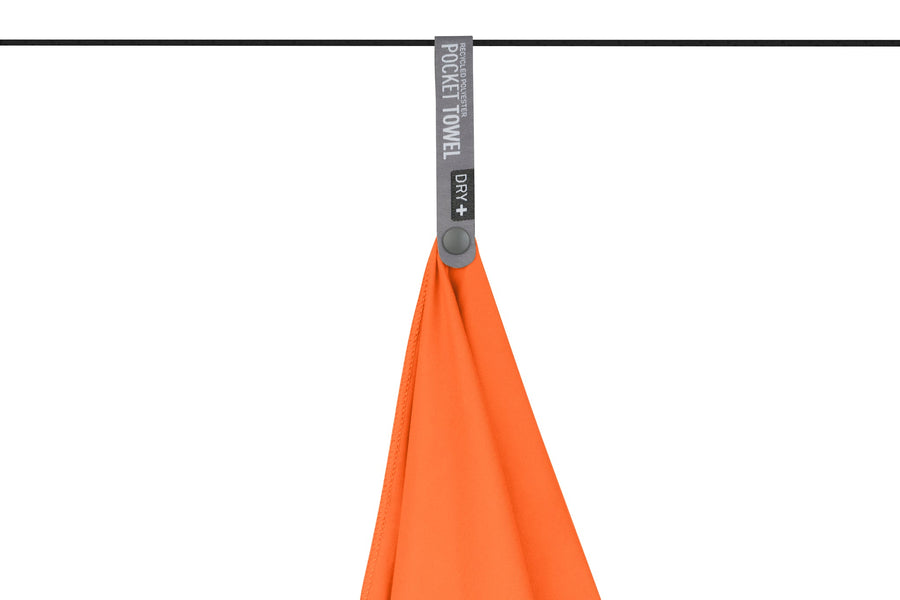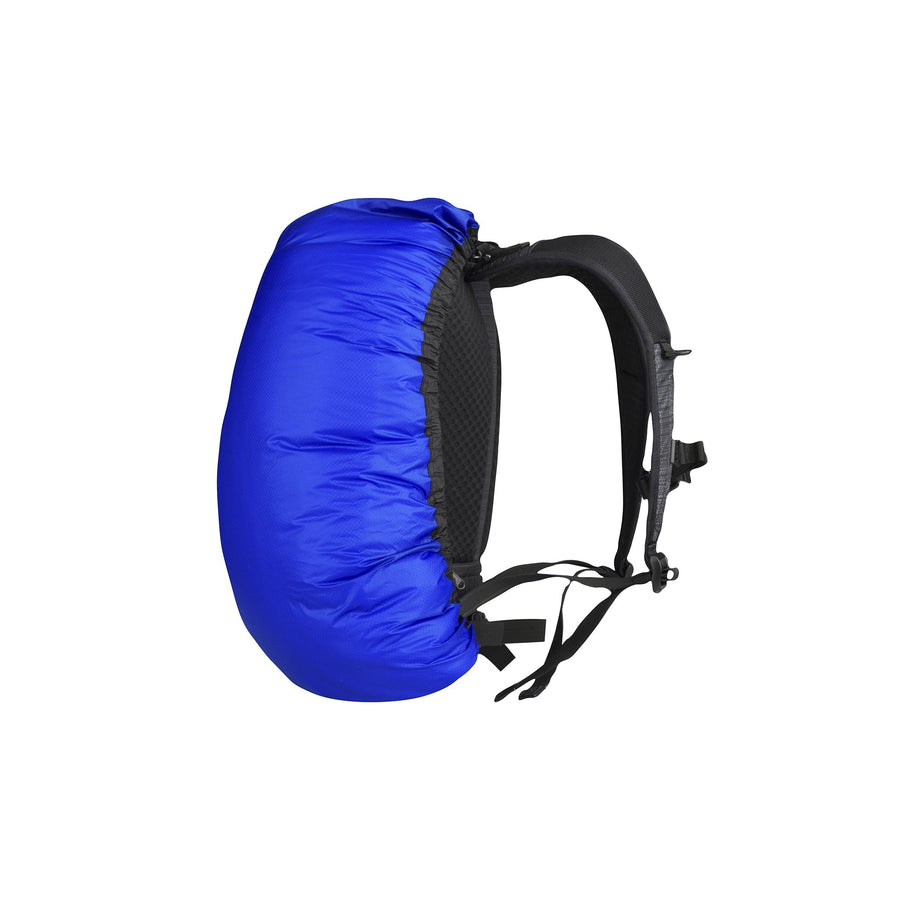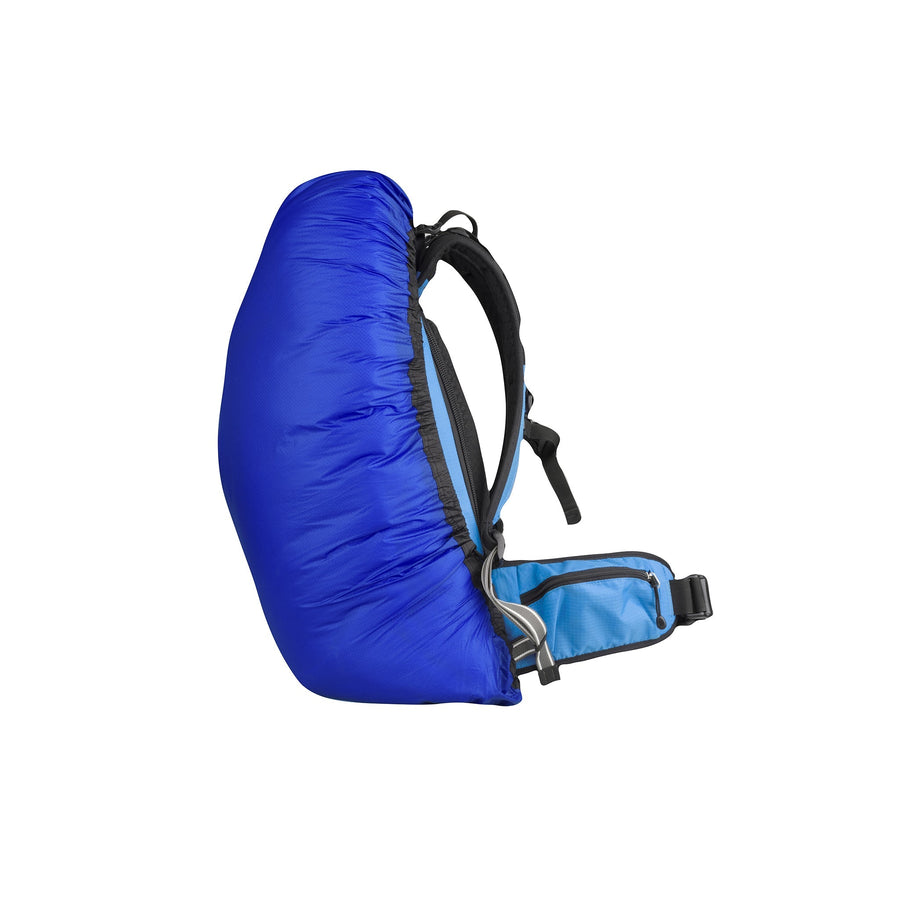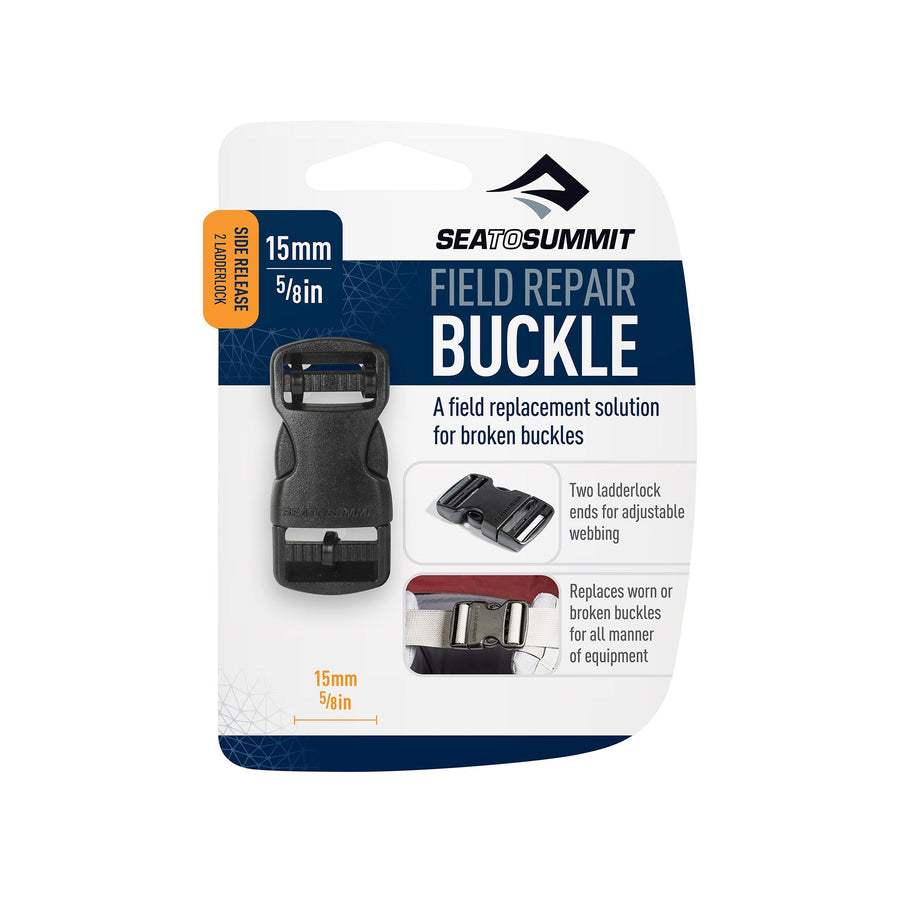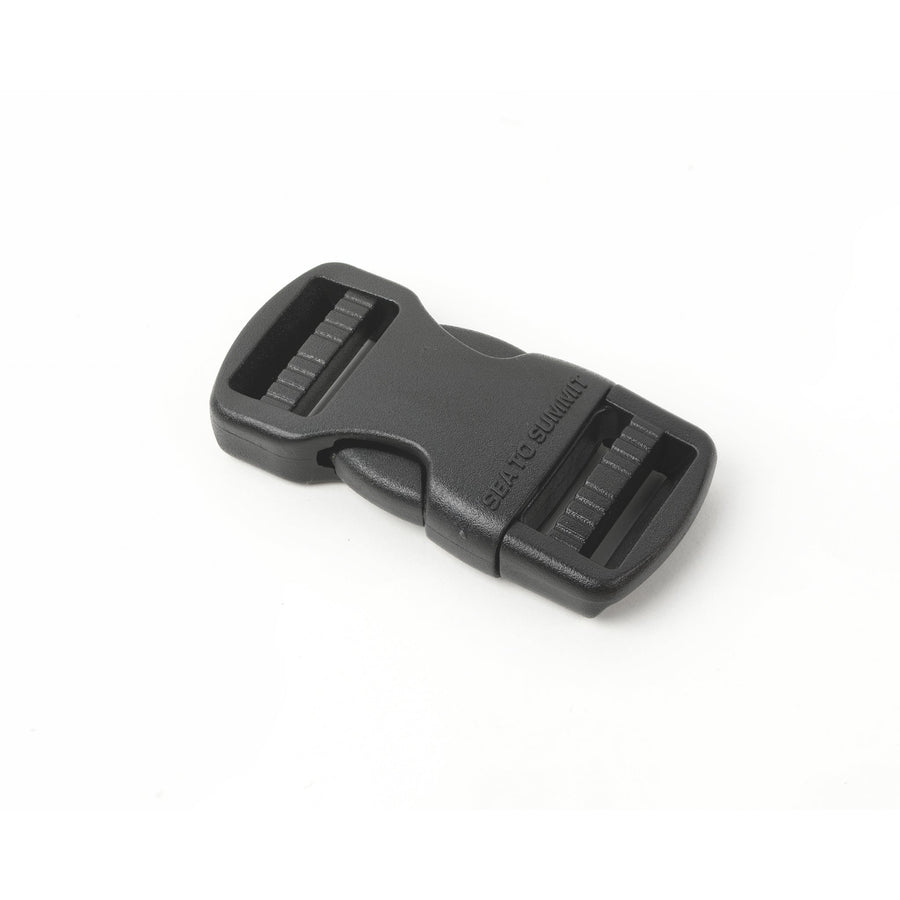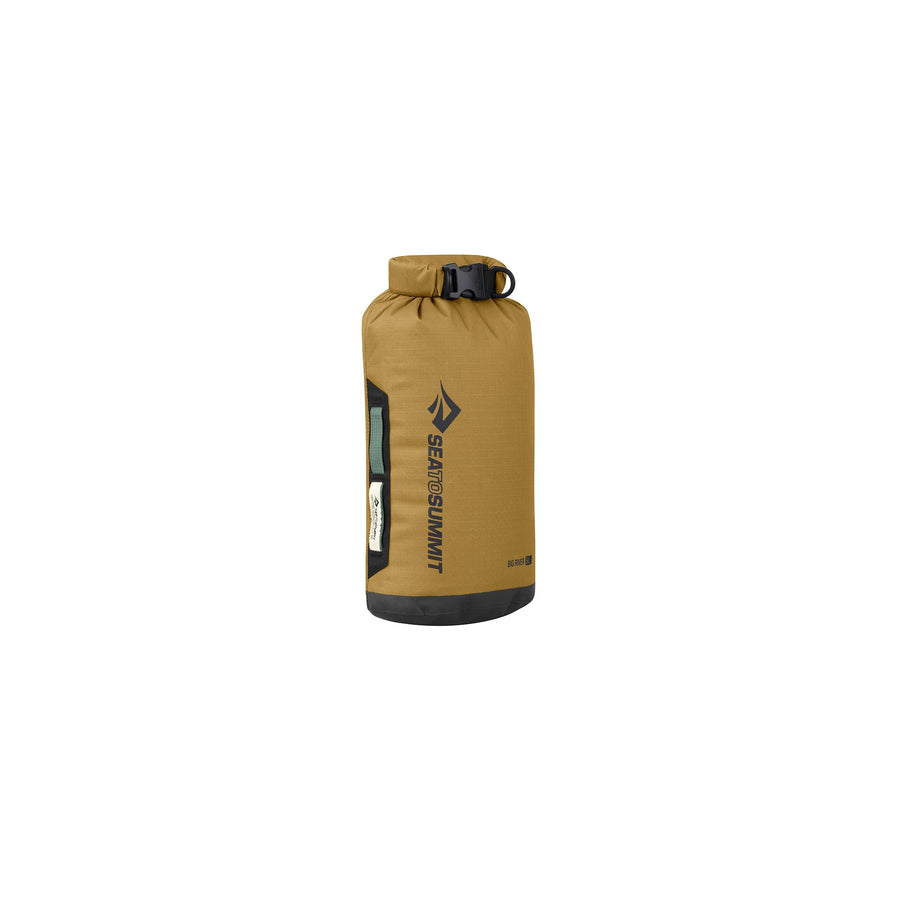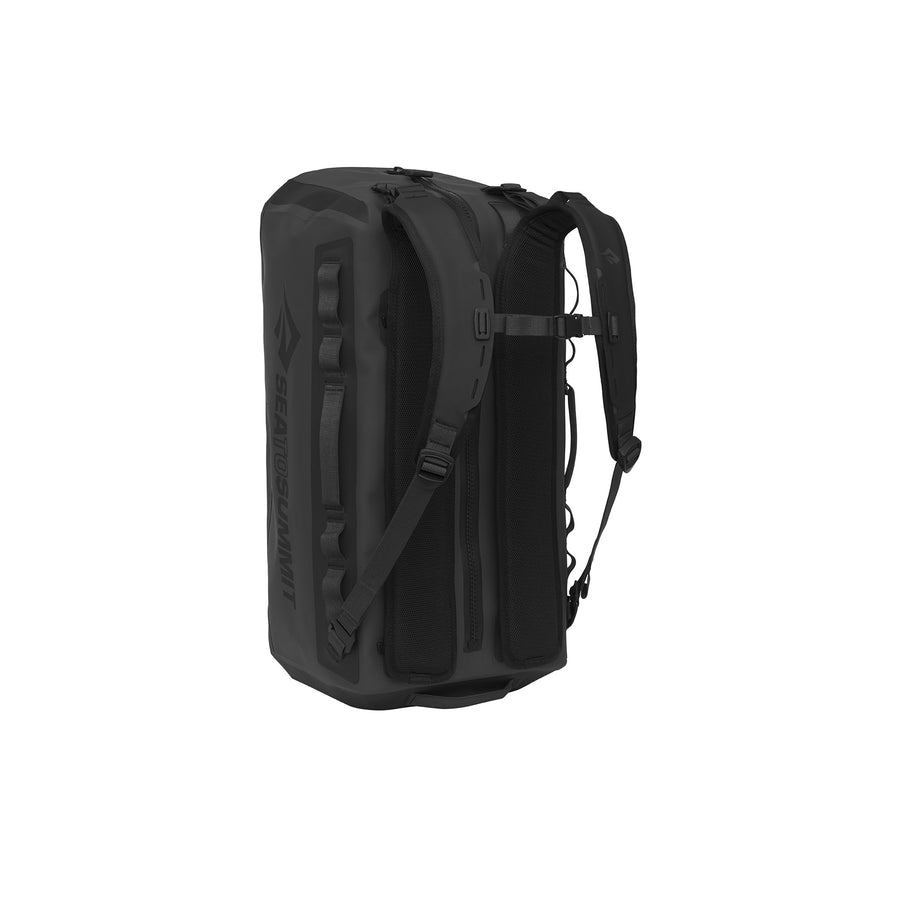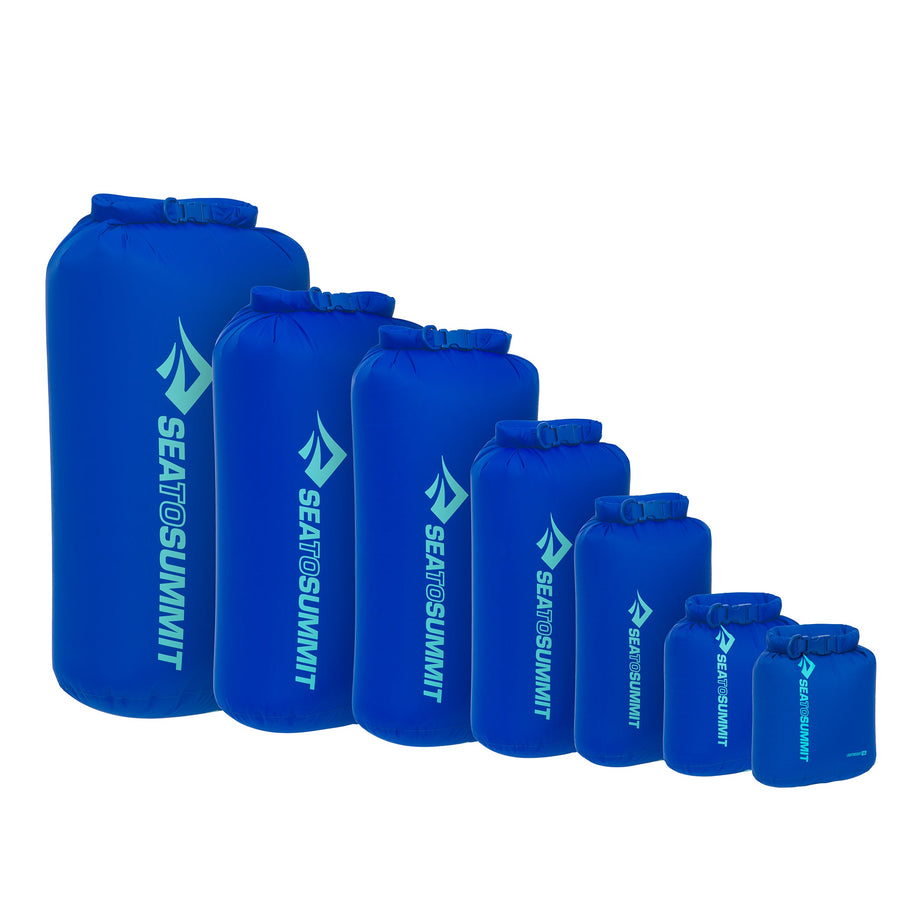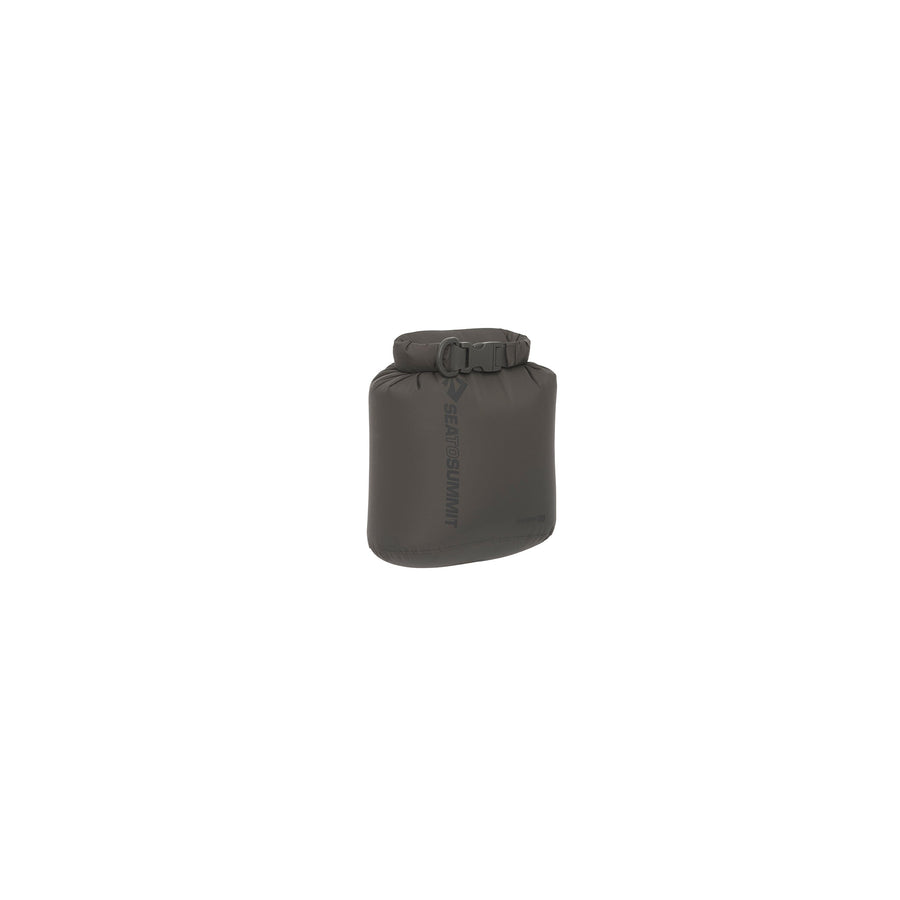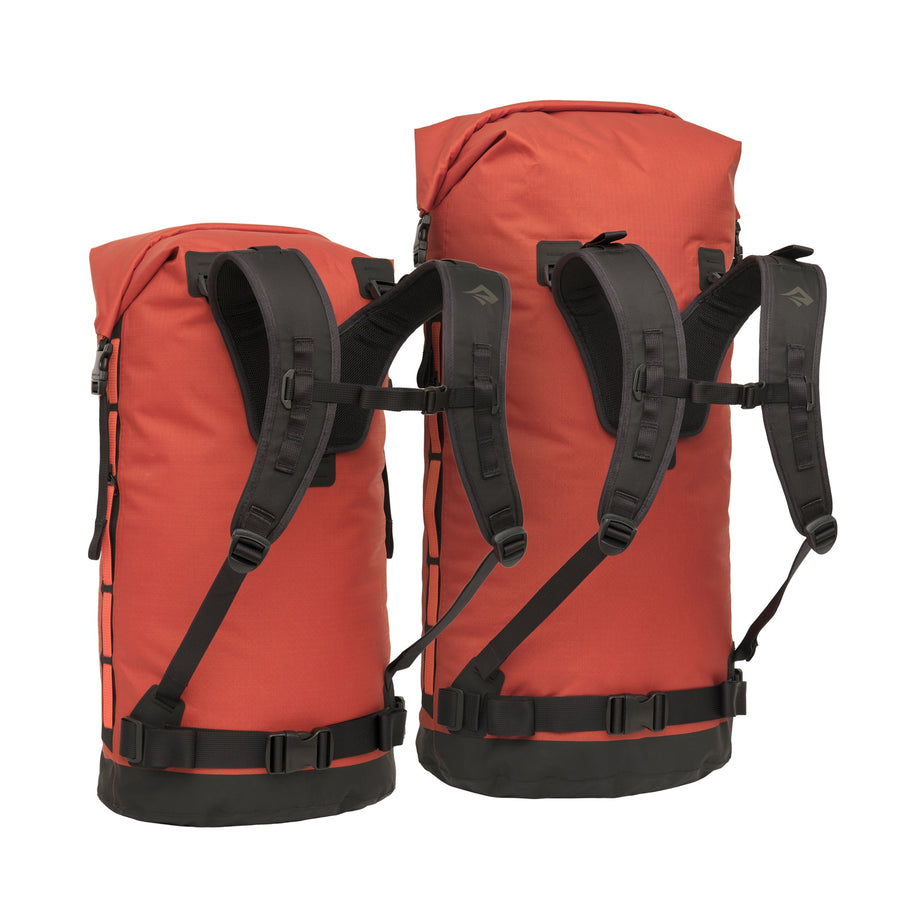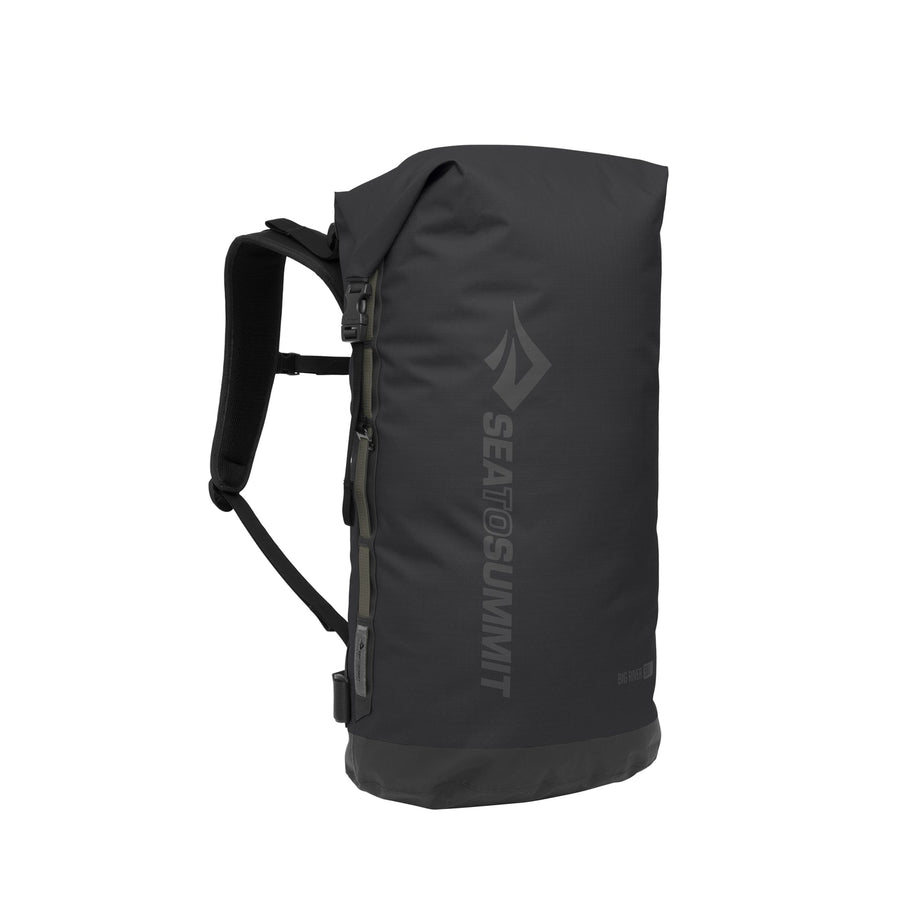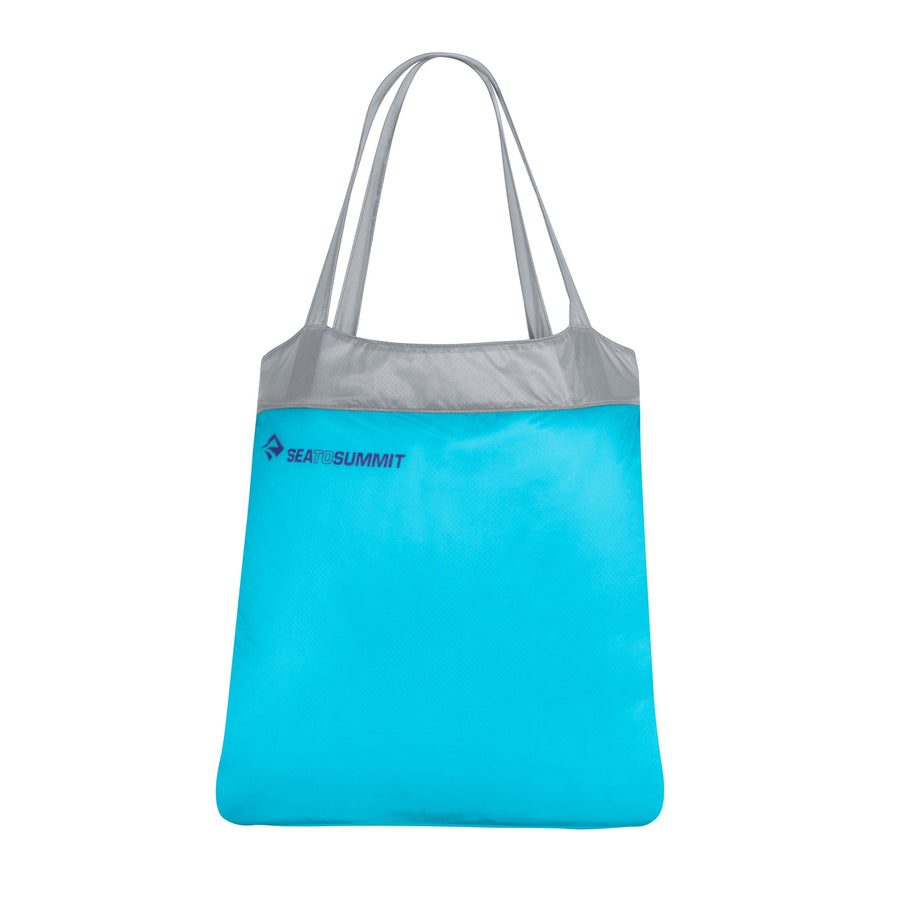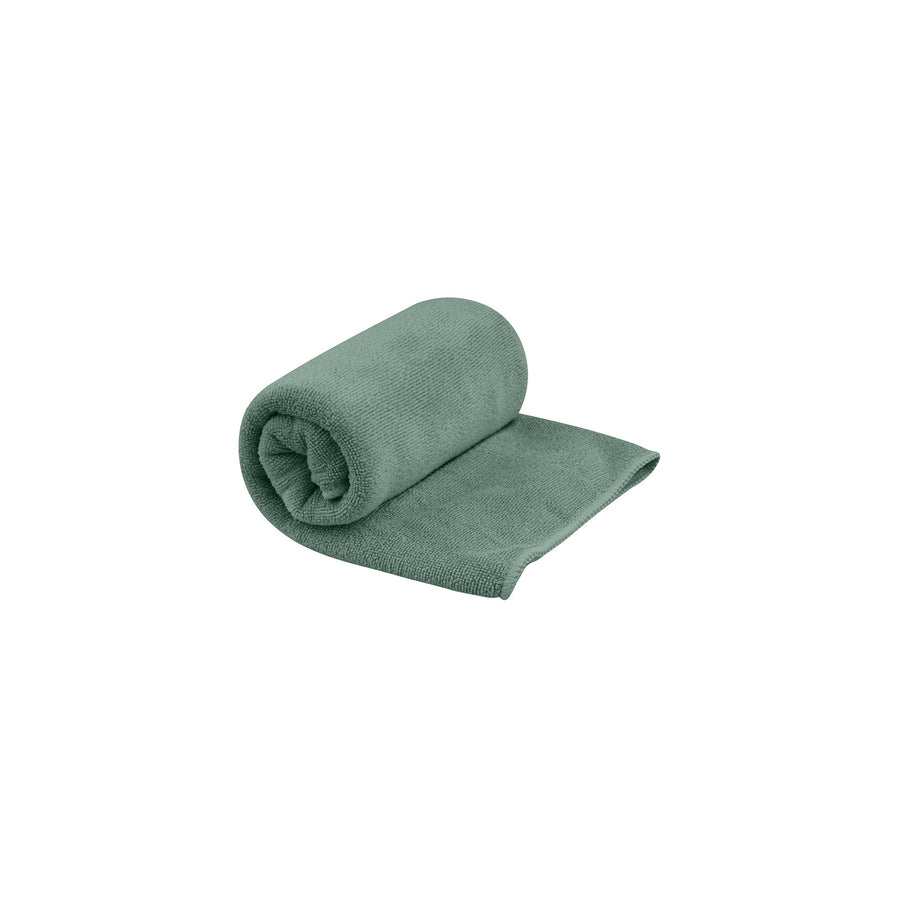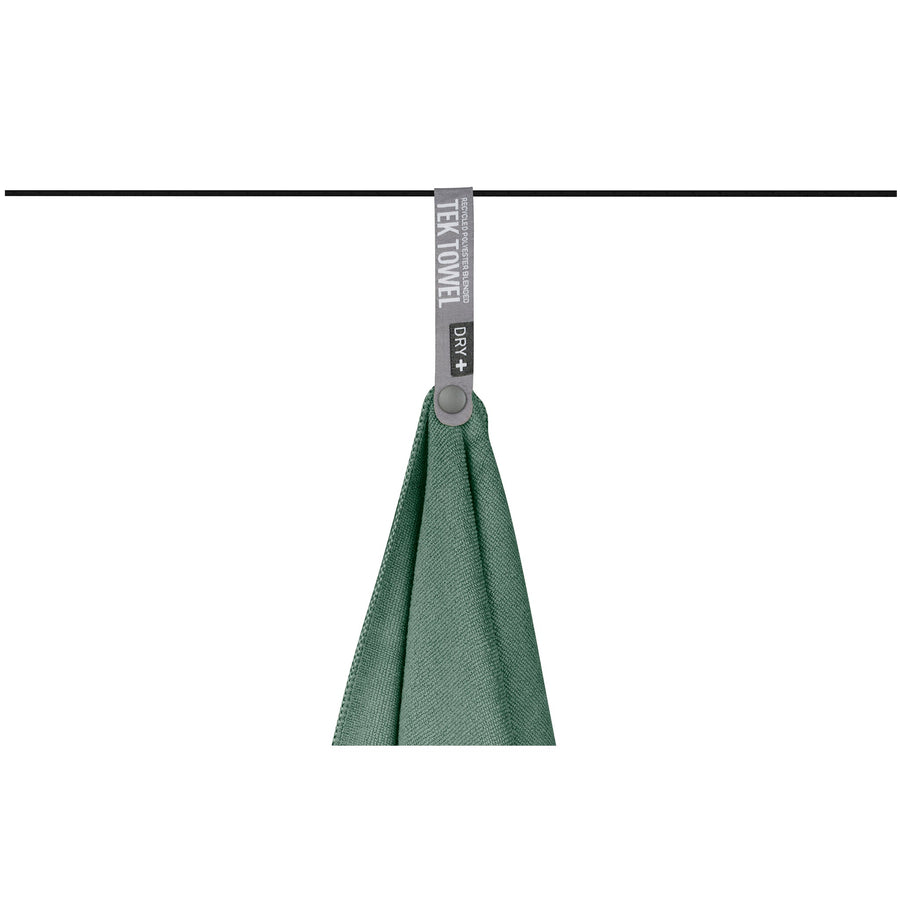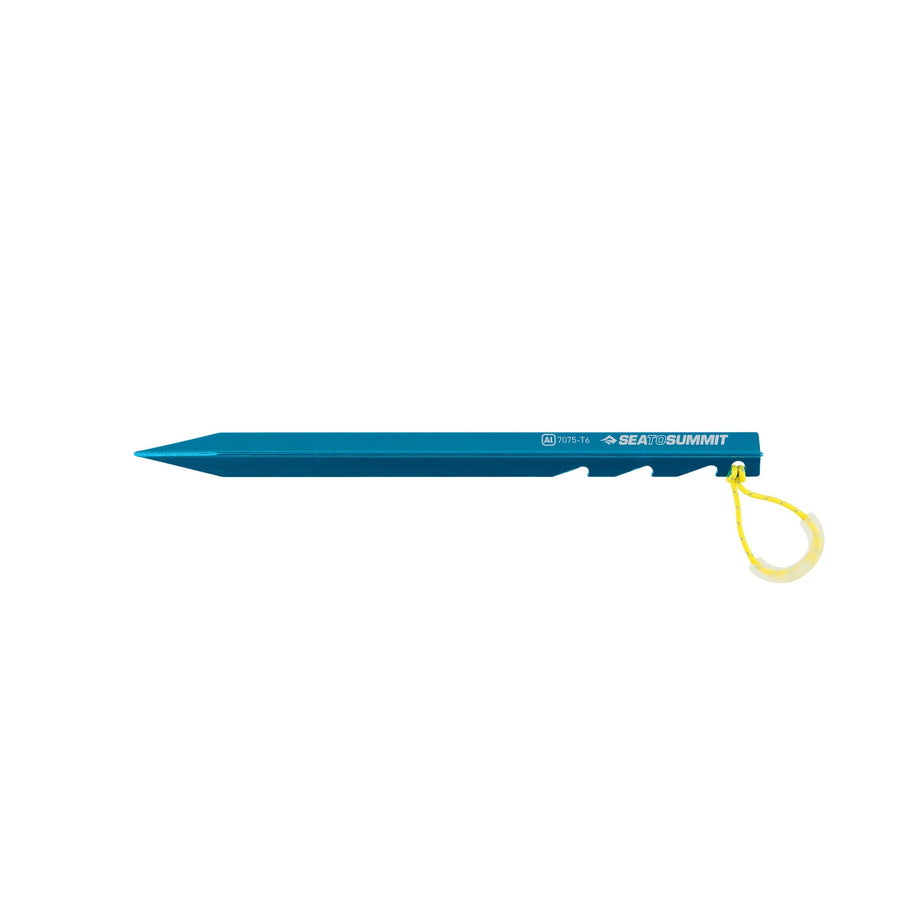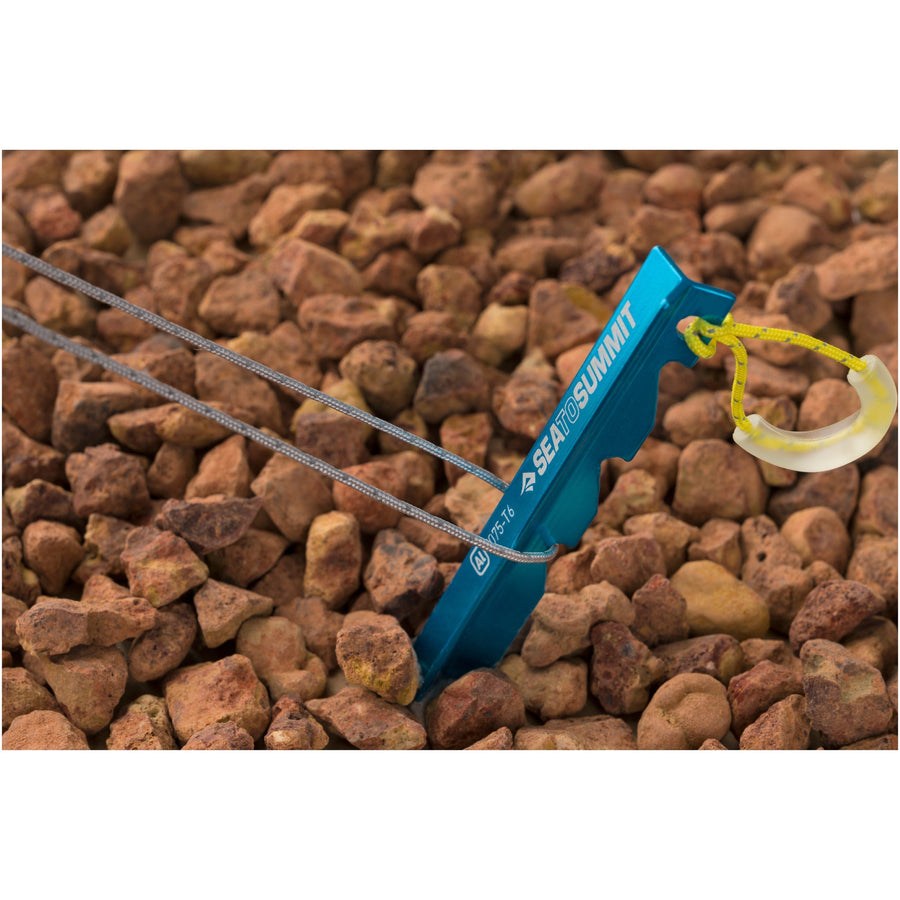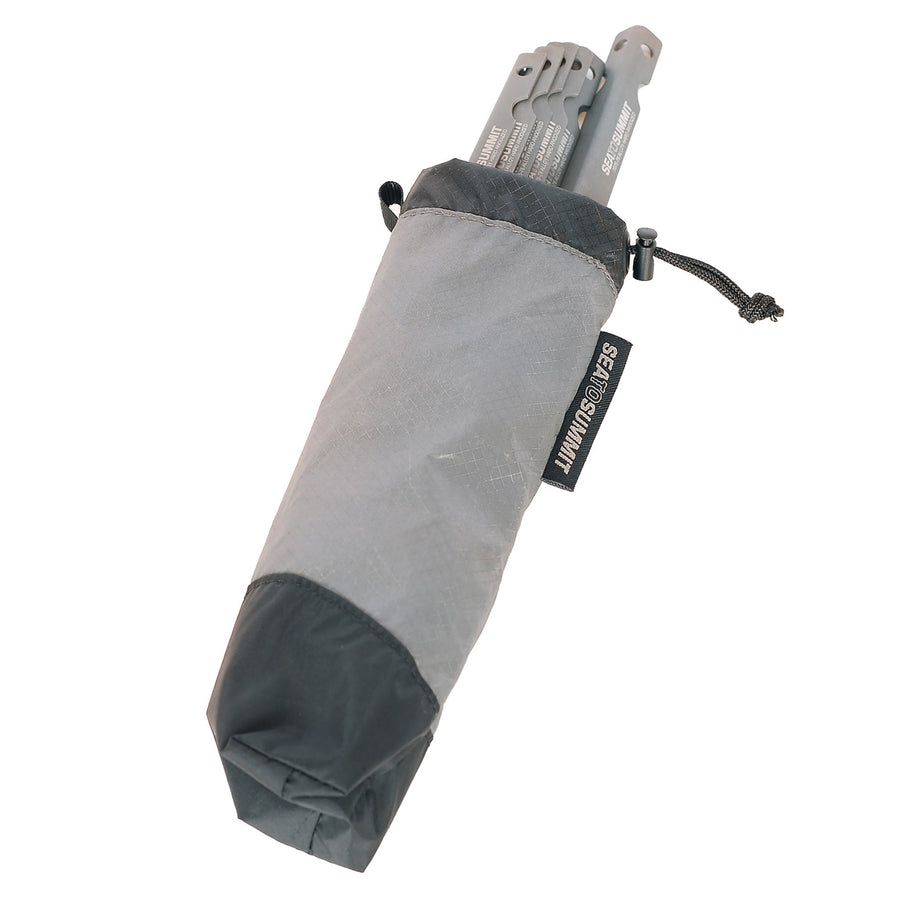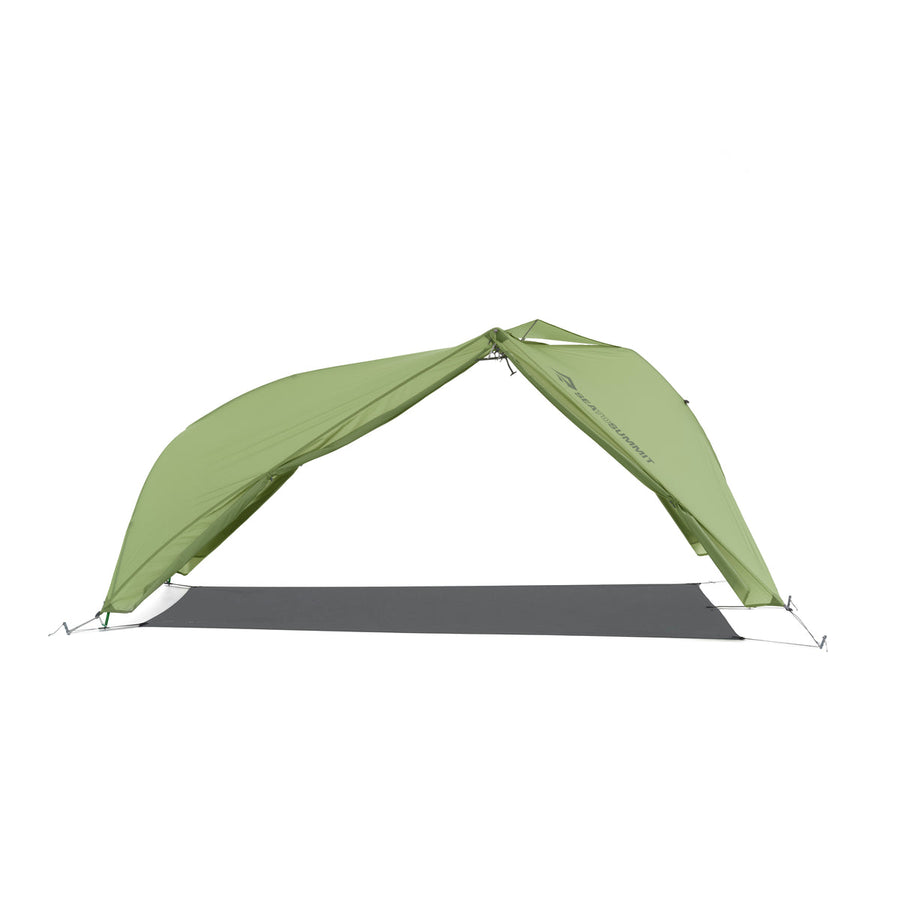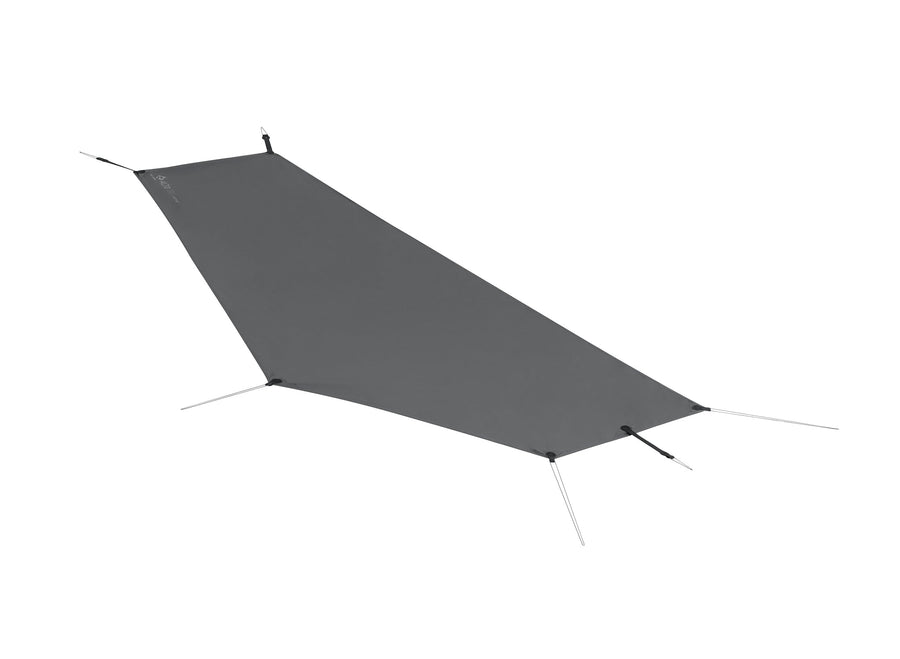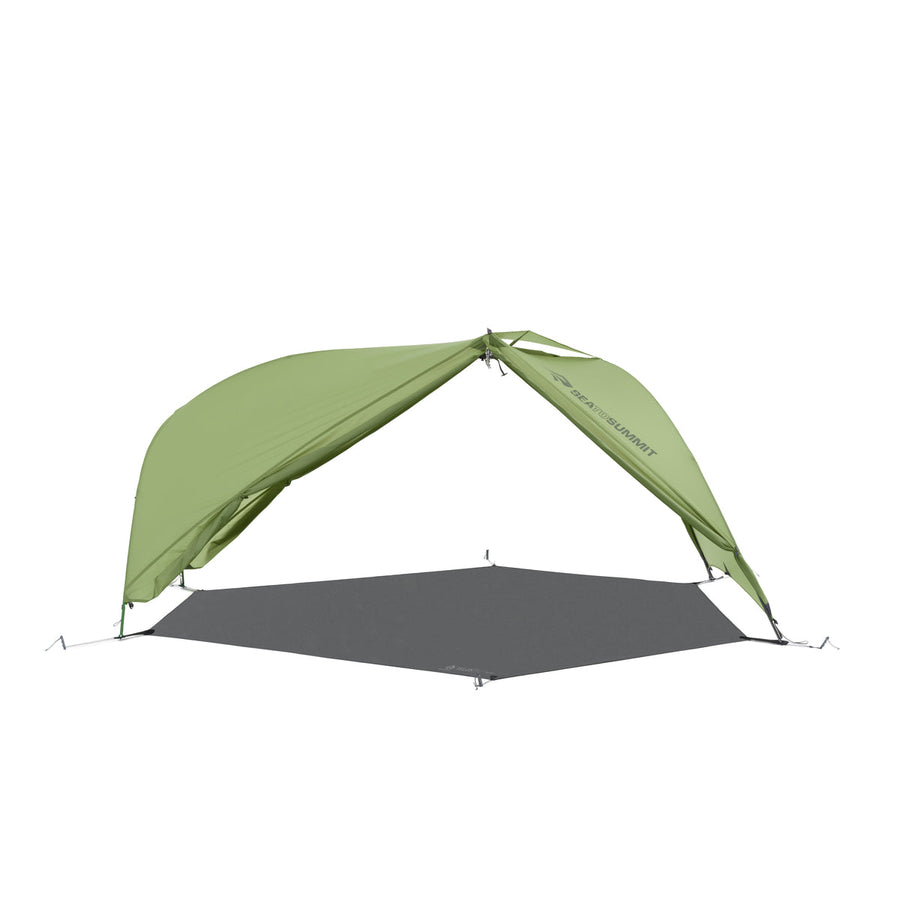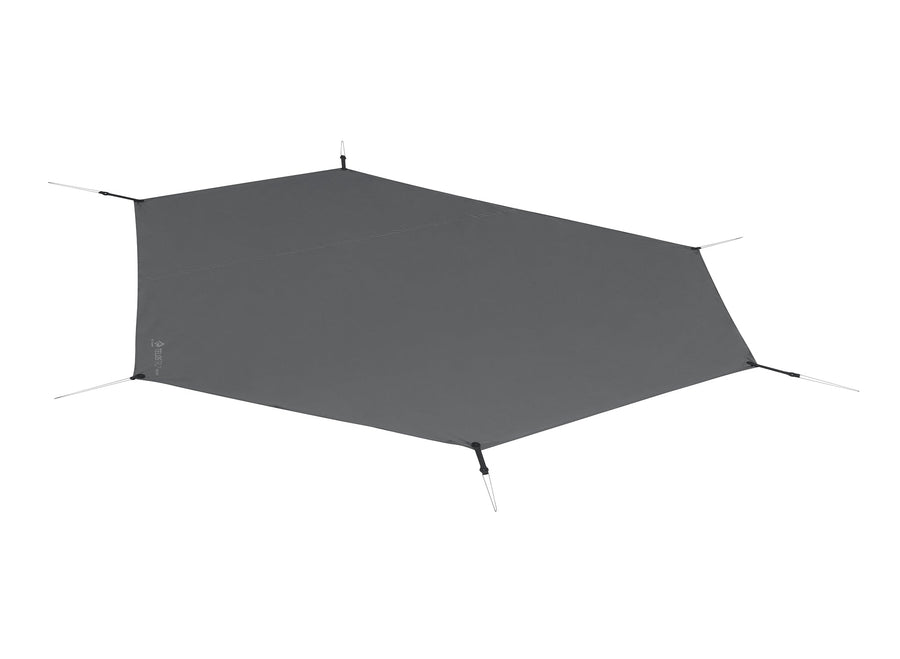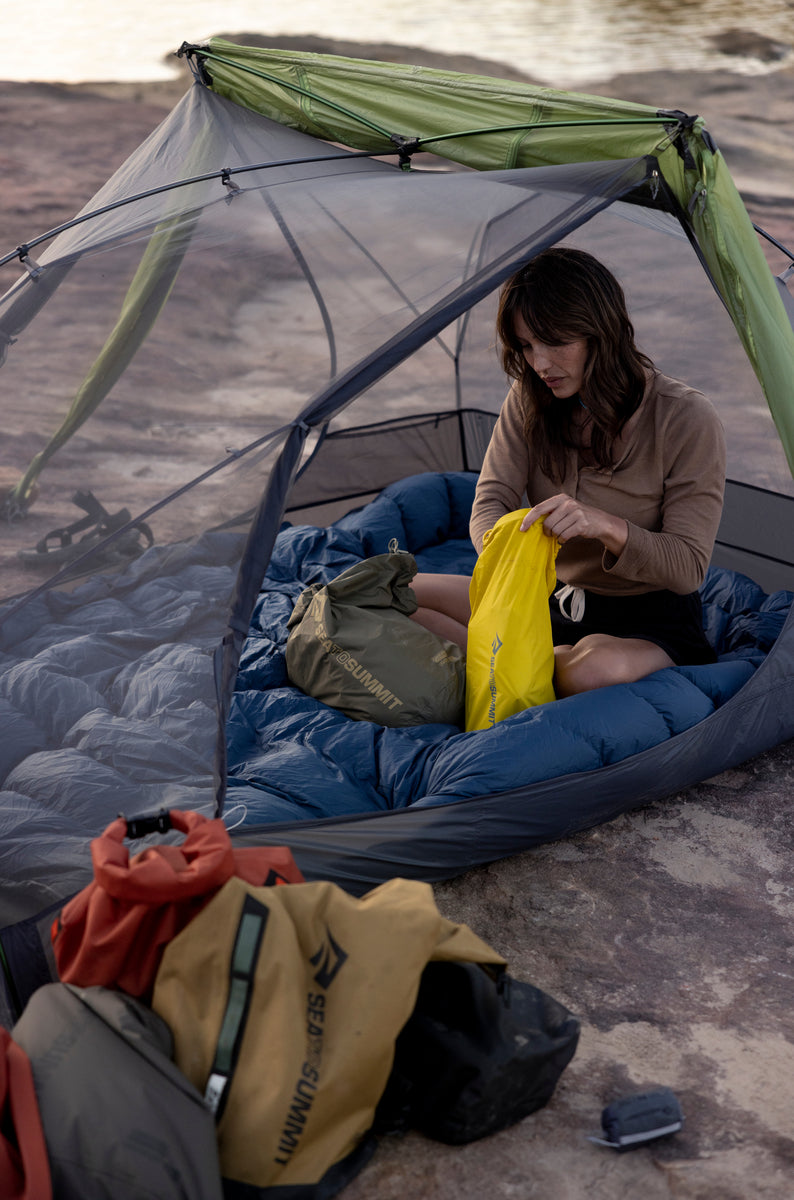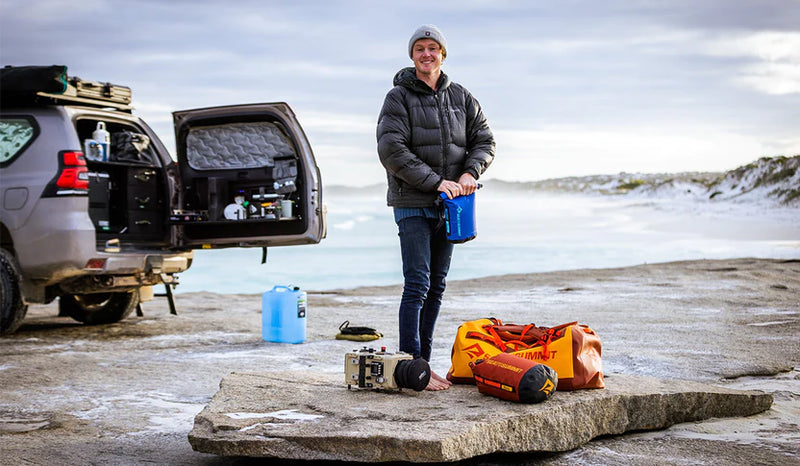How to Prevent Mosquito Bites: The Best Ways to Protect Yourself
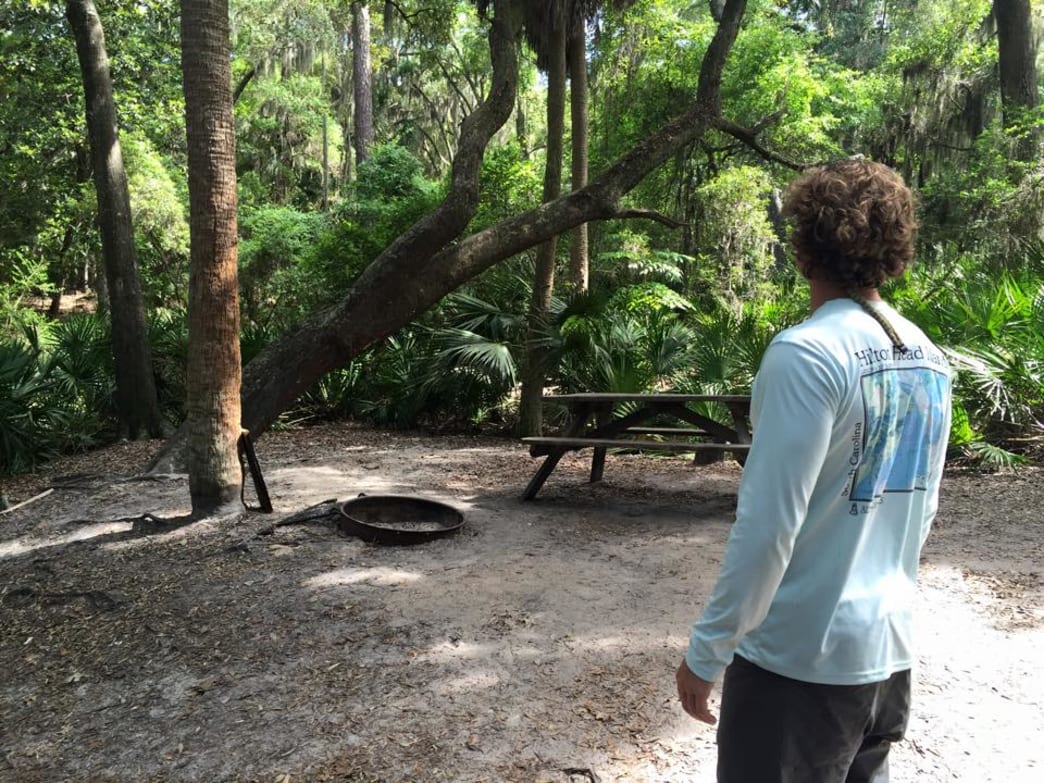
If you live for the outdoors—be it hiking, biking, paddling or rock climbing—you accept, even prefer, a certain level of discomfort. Be it rain or ragweed, nature’s irritants cannot dispel your appreciation for birdsong and all things growing and green.
So pesky, biting bugs are just part of the deal. No amount of fear-mongering about blood-thirsty and disease-carrying mosquitoes and ticks will keep you inside. There’s just too much fun to be had out there, far from air conditioning and fitted sheets.
Nevertheless, news of the spreading Zika virus—the first mosquito-borne virus ever known to cause birth defects—is alarming. As with the rash of encephalitis cases first traced to mosquitoes carrying West Nile virus 14 years ago, the public health response will be critical.
Fortunately, 80 percent of those who contract the Zika virus are asymptomatic. The majority of those who do get ill only suffer for a few days from rashes, joint pain, or pink eye. Yet Zika has definitively been linked to a range of birth defects in the brains of unborn children.

The same Aedes species of mosquitoes believed to be spreading Zika throughout South and Central America and the Caribbean can and do live in some 30 U.S. states. More than 350 people in the U.S. have contracted the virus, but so far only through their travels outside of the country. The virus is sexually transmitted, too. And about a dozen pregnant women were among those infected as of early April.
That barely compares to what’s happened in Brazil. Within two years, an estimated 1.5 million people contracted Zika and as many 1,700 Brazilian babies were born with microcephaly or abnormally small heads and underdeveloped brains.
Most worrisome is the fact that mosquito season has yet to arrive in the U.S. As insect populations are largely determined by weather conditions (a warm and wet spring would bring large hatches), the extent of the threat is difficult to predict.
Regardless, the media attention on the Zika virus has reminded us to take precautions as the days warm and the humidity rises. The strategies for avoiding being bitten my mosquitoes are numerous.
Do the following and you can also enjoy the fresh air and not live in fear of the outdoors.
Eliminate Stagnant Water
The fact remains, Aedes mosquitoes can thrive inside and outside our homes. So it is imperative to limit their breeding opportunities: Get rid of all sources of stagnant water.
Outside, that means the water found in and around flower pots, water dishes for pets and swimming pool covers. Clogged rain gutters, ornamental fountains, birdbaths, discarded buckets, cans, and tires should all be cleaned out. If you have a rain barrel, make sure the lid is secure. The Centers for Disease Control says these mosquitoes can also live underground in improperly sealed septic tanks, storm drains, wells, and water meters.
Inside your home, secure the toilet tank lids and don’t leave excessive water on the floor of the shower. The Aedes mosquitos are hardy enough outdoors. Even in dry and cool organic matter, their eggs can survive for months. In temperature-controlled environments, they can live longer than their average two-week life span. That’s another reason to turn on the air conditioning.
Window and door screens are a must. Throwing mosquito netting over beds is also worth considering.
Clothing

Aedes mosquitoes bite throughout the day, so it’s advisable to wear long-sleeve shirts and pants not only at dawn and dusk when other mosquitoes are most active. If you’re spending long periods of time outdoors, investing in clothing treated with the insecticide permethrin is would be a good idea.
Insect Repellents
DEET is the most effective insect repellent and comes in spray or lotion. The common chemical can cause of skin irritation for some people, especially when used in excess. But according to the American Academy of Pediatrics, products containing 30 percent or less DEET are safe for adults and children, just not recommended for infants under two months of age
The CDC has also approved picaridin, oil of lemon eucalyptus, and IR3535, for protection from mosquitoes. More natural alternatives—such as geraniol, citronella, herbal extracts, and essential oils—are much less effective if they work at all.
Outdoor Strategies
If you want to grill out on the deck and hangout in the backyard, screened in porches and oscillating fans may keep the bugs at bay. The CDC recommends mosquito-repelling lanterns that vaporize metofluthrin and allethrin as repellents. Thermacell lanterns use allethrin, a synthetic copy of active ingredient in chrysanthemum flowers that repels mosquitoes, black flies, and no-see-ums.
You could be even more proactive and buy lethal ovitraps, devices that trap and kill mosquito eggs with the larvicide pyriproxyfen. Pyriproxyfen is a hormone that prevents insect larvae from developing into adults. It has been used as a flea control agent for dogs and cats.
Written by Joel Patenaude for RootsRated in partnership with Thermacell and legally licensed through the Matcha publisher network. Please direct all licensing questions to legal@getmatcha.com.
